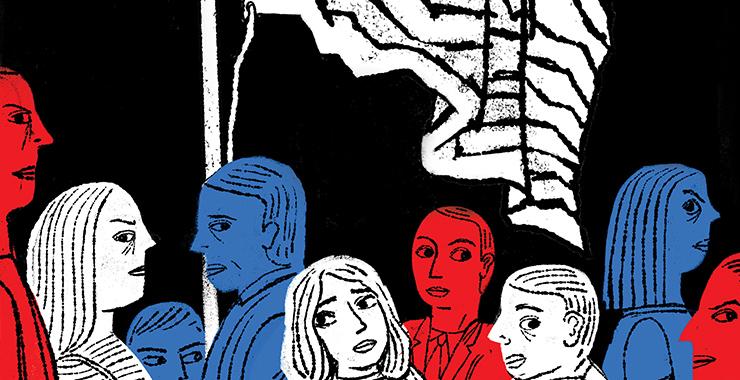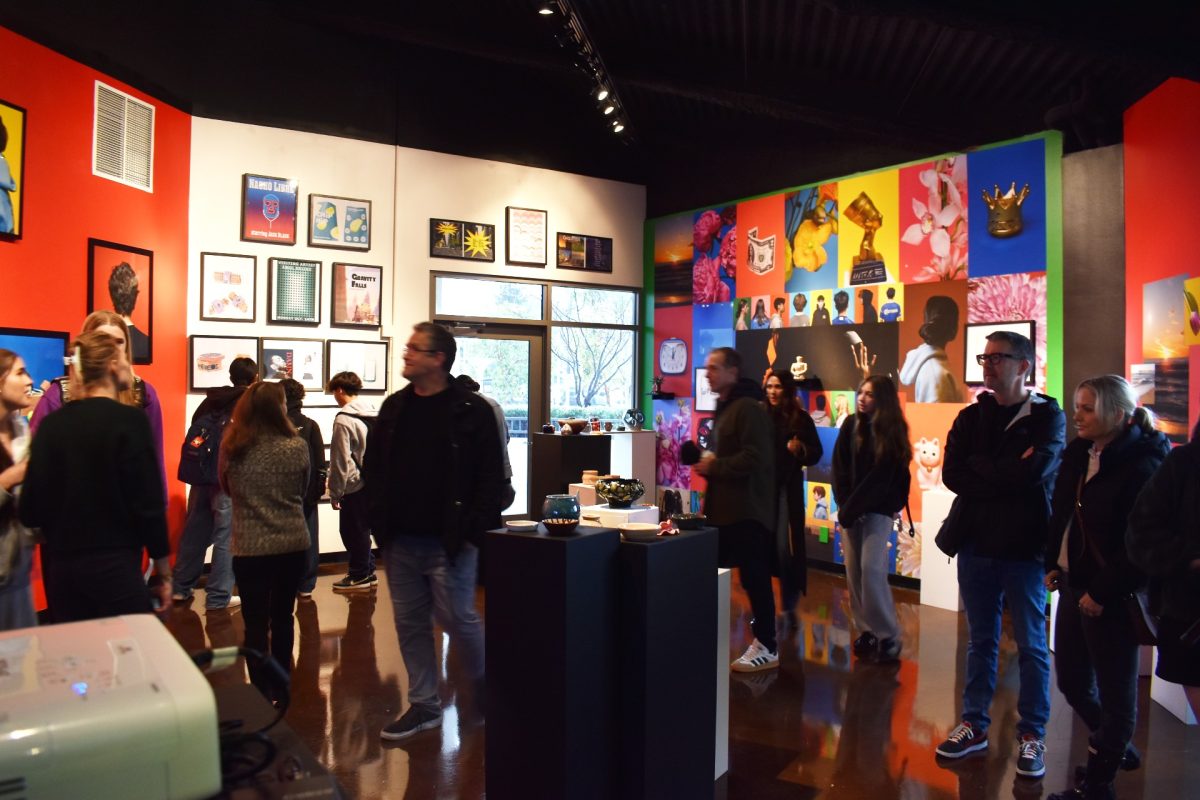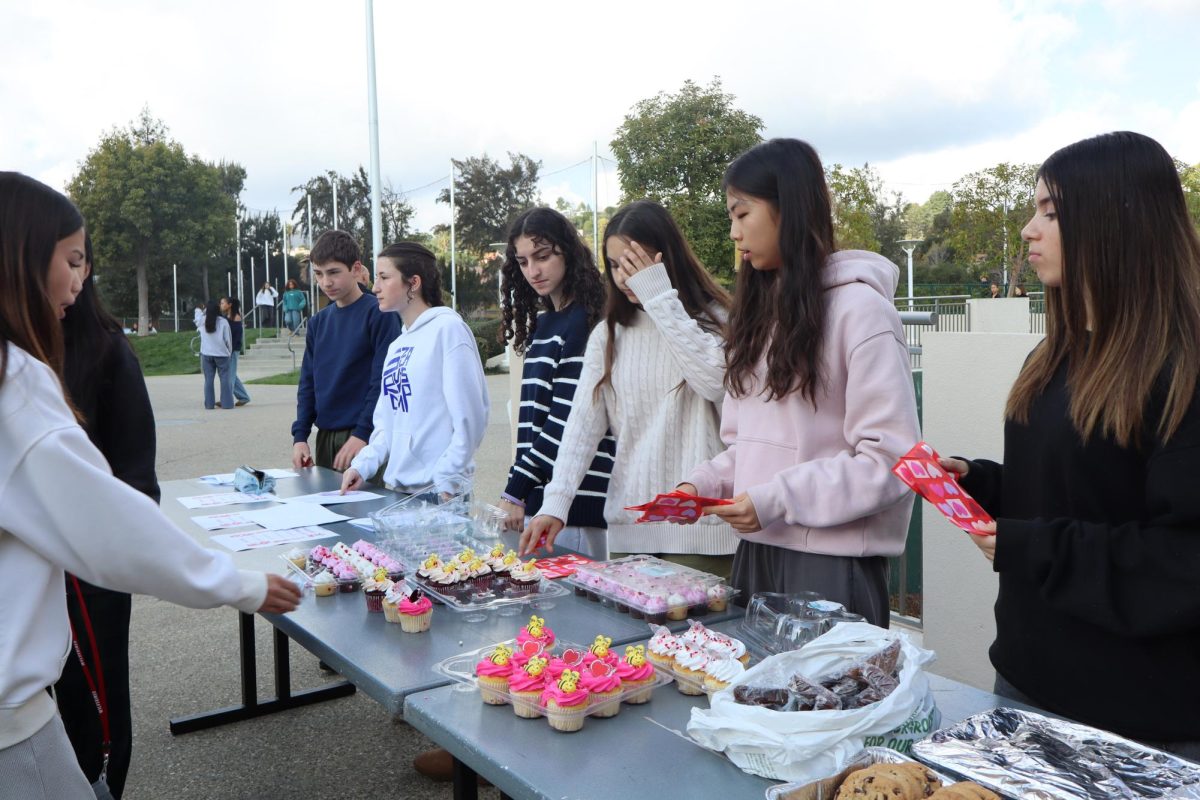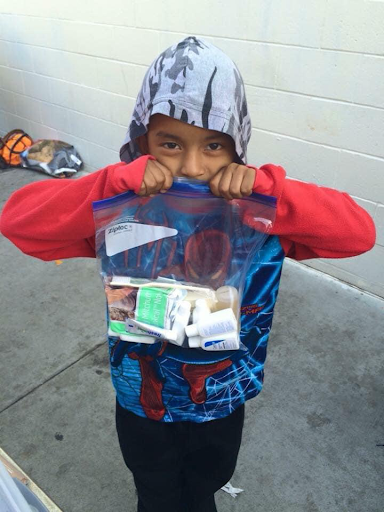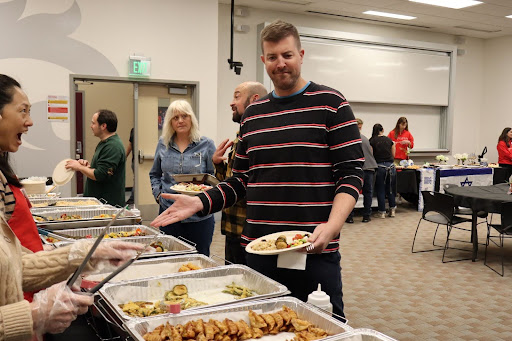While staying at home, attending classes on Zoom, and having limited contact with the outside world, Nilufer Mistry Sheasby ’24 decided that she should use her voice and time to give other Harvard Westlake (HW) students a platform to talk about their thoughts on politics in America. Harvard Westlake in One Room (HWIOR) has about 8 members all under the advisory of Keith Jordan, the Director of Student Affairs at HW’s middle school campus. According to Mistry Sheasby, “I started this club [HWIOR] because I think that there is a lot of anger and desire to change things right now. And I think that having discussions with our peers, because we are the future leaders of this world, is super important.”
The past couple months have brought upon change not only to HW students, teachers, and faculty, but around the world. The COVID-19 pandemic has caused most governments to impose state or nationwide quarantines, forcing citizens to stay home and effectively changing the way their entire lives are structured.
However, especially in the United States of America, lockdowns aren’t the only things that Americans have been struggling with. A break from routine life has compelled many Americans to take a critical lens to systematic racism, the way the current presidential administration is handling Covid-19, the aftermath of the 2020 presidential election, and many other political issues.
Many Americans have had time to reflect on the effectiveness of the United States’ government, and because of this, a sense of political strength from the youth has emerged. According to a study done at Tufts University, 79% of young people [around age 18] say the COVID-19 pandemic has helped them realize that politics impact their everyday lives and the same study also stated that 83% of young people say they believe that they have the power to change the country. These pushes for change and resolutions are highlighted in the club.
In an effort to cultivate and promote discussions within the meetings, new political topics are introduced every week. Students in grades seven through nine share their opinions on the topic (whether they agree with the rest of the class or not), ask questions related to the topic, and propose solutions and steps that they believe the government should take to fix the problem.
One of the most recent topics discussed was firearms with respect to the Second Amendment. Mistry Sheasby asked the students to think about whether violent or nonviolent convicted felons and former members of law enforcement should be allowed to own guns. Students delve into thought, contemplating the positives and negatives of each situation. Some students said that nonviolent felons should not be allowed to own guns as their criminal records may label them as a risk to society, while others believed that they should be allowed to own guns in an effort to make life as normal as possible for citizens released from jail.
These examples of differing opinions are what makes the club a safe space. All opinions are respected and actually, these differences prompt students to evaluate situations from different perspectives. For example, when discussing the necessity of gun control, Mistry Sheasby posed this question in an effort to make students realize that Americans can have varying opinions on guns: “How would someone in the military with a gun differ from a feminist with a gun?”
While discussing politics is a very important aspect of the club, she also focuses on how students can influence politics. Mistry Sheasby said, “I wanted people to feel like their voice mattered and to feel like they were a part of something. This is especially why, I think, we try to vote on bills and send them to congresspeople to tackle that aspect of actually making a change.”
After discussing the political issues, Mistry Sheasby encourages students to find ways to actually instigate change. Club members do this by researching potential United States Supreme Court bills, laws, and structural concepts for these issues. The hope is that as HWIOR continues to meet, the students will vote on important bills that they will then send to either state or federal lawmakers.
Students are also encouraged to look at past bills, how they impacted certain issues, and how the current Supreme Court Justices can affect these bills. In relation to gun control, students were prompted to learn about the District of Columbia vs. Heller (2008) case in the United States Supreme Court and how it allows the domestic usage of guns as a form of self defense. Recent SCOTUS addition Amy Coney Barrett’s views on gun laws were also discussed in a recent meeting and students considered how her confirmation will affect future Supreme Court decisions on guns. Mistry Sheasby believes it is imperative students not only know what is going on in our government but also about how politicians can affect policies and most importantly, our lives.
Mistry Sheasby’s lasting impact on HWIOR members has given them empowerment. She said, “We shouldn’t feel powerless to make a change. We should always feel like we have an outlet to engage and to help the world around us. And I think that comes into the purpose beyond ourselves mission [an aspect of HW’s mission statement].”
